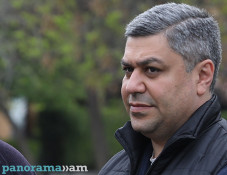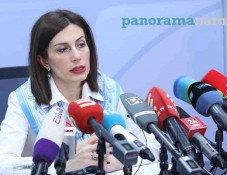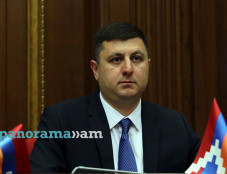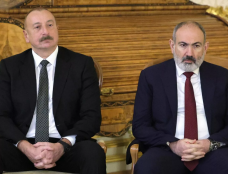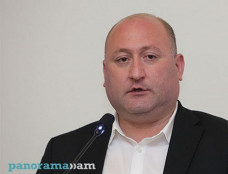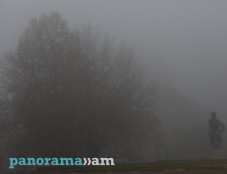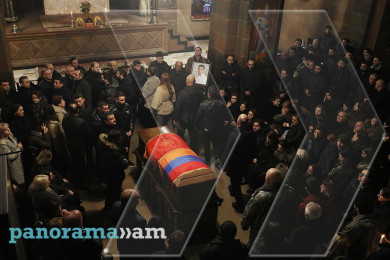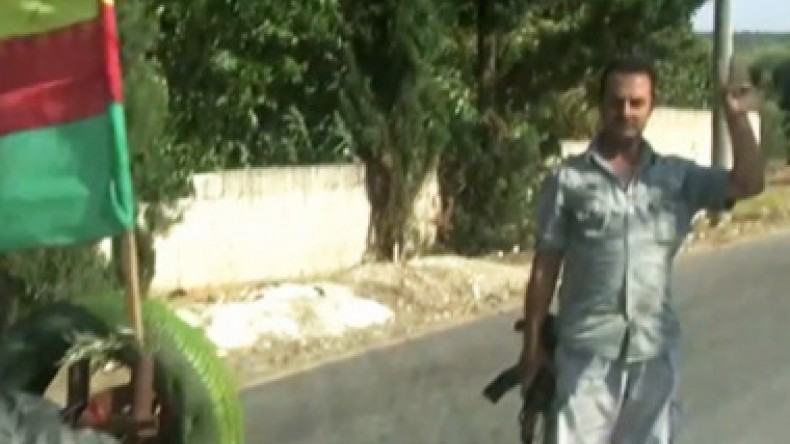
Open Democracy: Why is Turkey bombing the Kurds?
“War is the continuation of politics by other means', Clausewitz famously remarked. Nowhere is this maxim better in display than in Turkey’s current dual-offensive against the ‘Islamic State’, also known as ISIS or ISIL, and Kurdistan Workers Party (PKK), analyst Kamran Matin writes in the article “Why is Turkey bombing the Kurds?” on Opendemocracy.net.
According to the analyst, for rather than being a policy U-turn, as it has generally been described in mainstream media, this offensive is essentially a new tactic by Turkey's ruling 'Justice and Development Party' (AKP) to extricate its grand strategy of domestic entrenchment and regional hegemony from a structural impasse central to which is the advancements of the Kurdish revolution in Turkey and Syria.
The AKP came to power in 2002. Emboldened by its successes the AKP adopted an ambitious strategy to end Turkey's traditional regional isolation and over-dependence on the US, and turn the country into a key regional and global power - a project grandiosely described as ‘neo-Ottomanism'. This was rooted in the AKP’s peculiar blend of Islamist transnationalism and Turkish nationalism.
Neo-Ottomanism rested on Turkey's central location in the Afro-Euroasian landmass, the soft power of the AKP's 'moderate Islam', and, the geo-strategic deployment of the over-accumulating Turkish capital in the region.
Then came the Arab Spring.
“But the initial successes of the AKP's fellow Islamists were short-lived. Morsi was ousted in Egypt, Islamists lost power in Tunisia, and Libya plunged into civil war.
Left with Syria to contend with the AKP completely reversed its erstwhile 'zero problems with neighbours' policy and made a strategic commitment to the overthrow of Bashar Assad,” the author writes.
But as the conflict prolonged, Turkey faced a more immediate, and potentially dangerous challenge: the growing power of the Syrian Kurds who had close political and ideological links with the PKK. Led by the Democratic Union Party (PYD), Syrian Kurds established three autonomous cantons and self-defense forces known as YPG and YPJ, which quickly emerged as the most effective anti-ISIS force in Syria.
The rise of the Syrian Kurds diminished Turkey's influence in Syria, weakened the AKP's position vis-a-vis the PKK, and challenged the influence of Barzani's PDK both in Syria and Iraq, where pro-PKK forces also played a key role in the anti-ISIS campaign.
Thus, Turkish policy duly shifted towards the containment of the Syrian Kurds through a policy of 'active neutrality' towards ISIS. This reached a climax during the siege of Kobane by ISIS when Turkey prevented reinforcements reaching the town while the AKP’s leader, Recep Tayyip Erdoğan gleefully declared 'Kobane will fall'.
It is against this complex background of interlocking domestic, regional, and international developments that the AKP has launched its attacks on ISIS and the PKK, the latter evidently being the main target. In doing so the AKP has four main objectives.
First, it seeks to decisively win the likely snap elections in November by attracting Turkish ultra-nationalist voters through projecting a strong anti-Kurdish image.
Second, it hopes to directly check the growth of Kurdish power in Syria by formally joining the US-led anti-ISIS coalition, given that the AKP's wager on ISIS to contain the Kurds has failed.
Third, by entering the Syrian fray, Turkey also wants to re-optimize relations with the US, which in return for access to Turkish airbases has reportedly acceded to the Turkish demand for creating a 'safe zone' along parts of Turkish-Syrian border, which Turkey hopes will become a barrier to the Kurds' further advance.
And finally, the bombing campaign against the PKK in Iraqi Kurdistan also aims to boost the AKP’s key ally there, Massoud Barzani, who is currently seeking an unconstitutional third term in office as the region’s president. A Turkish bombing campaign inside Iraqi Kurdistan is intended to strengthen his position by convincing the people and main political parties that given his links to the AKP, Barzani is the leader who can handle the Turks best under such unstable circumstances.
Newsfeed
Videos





